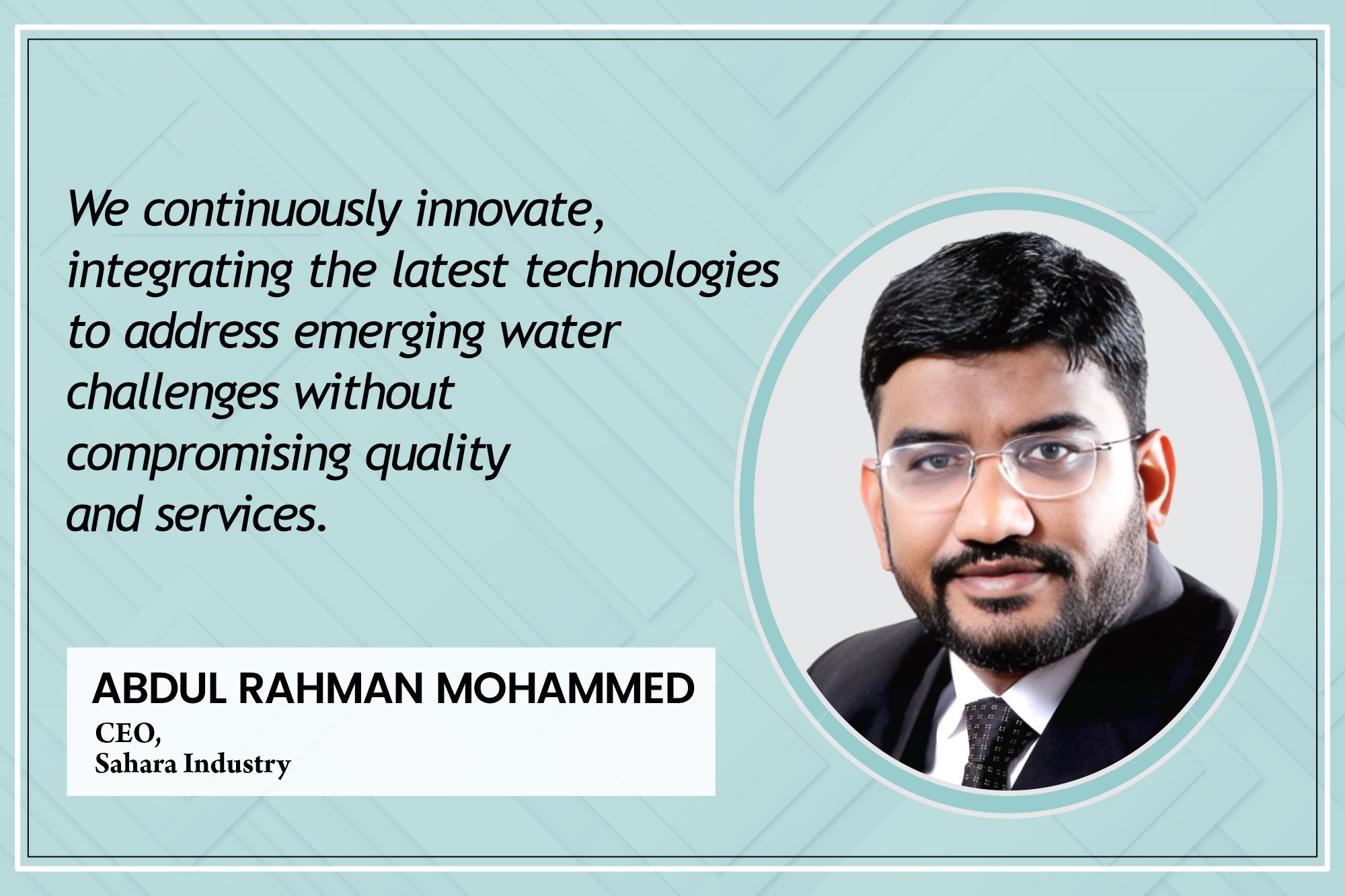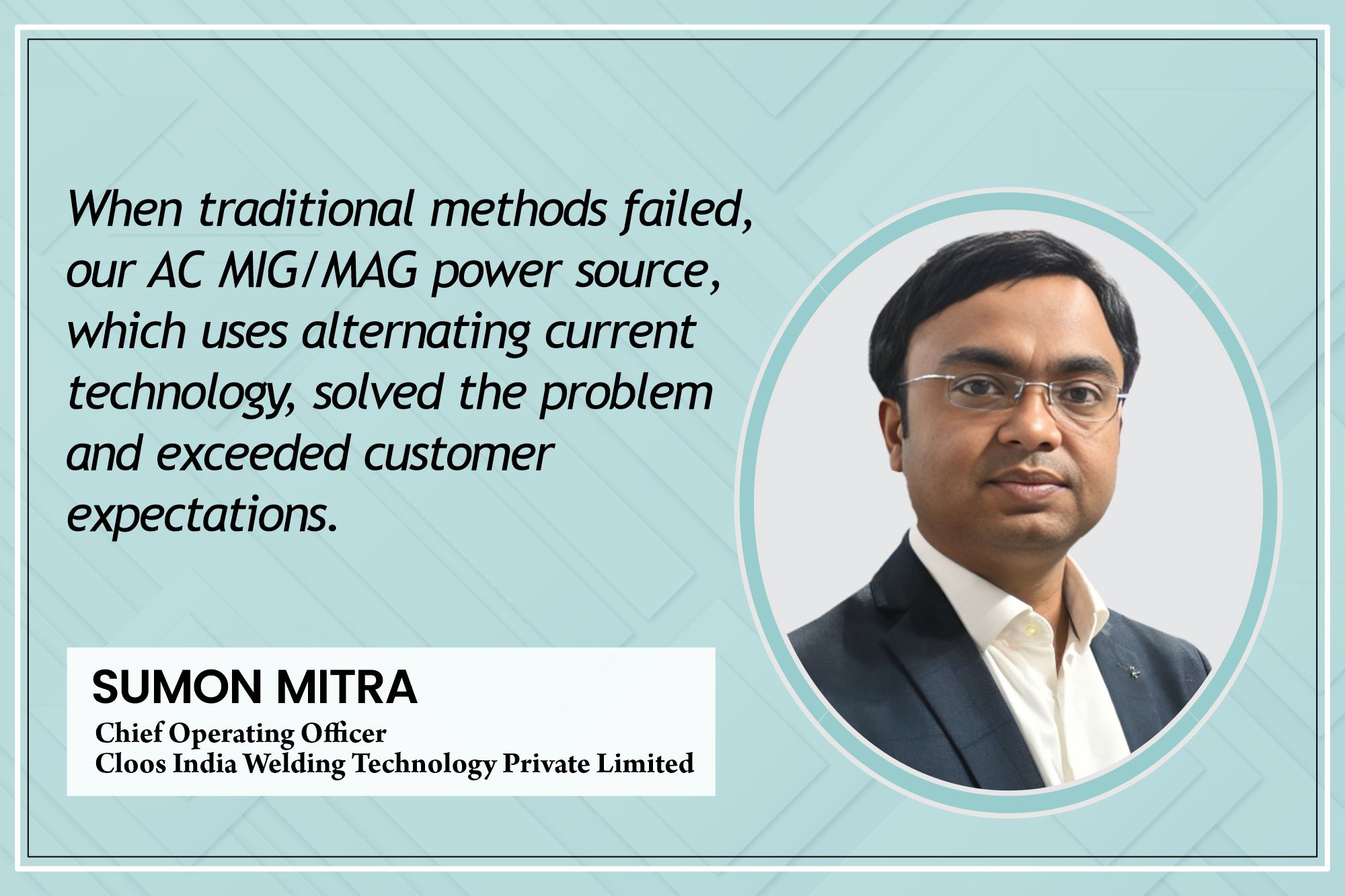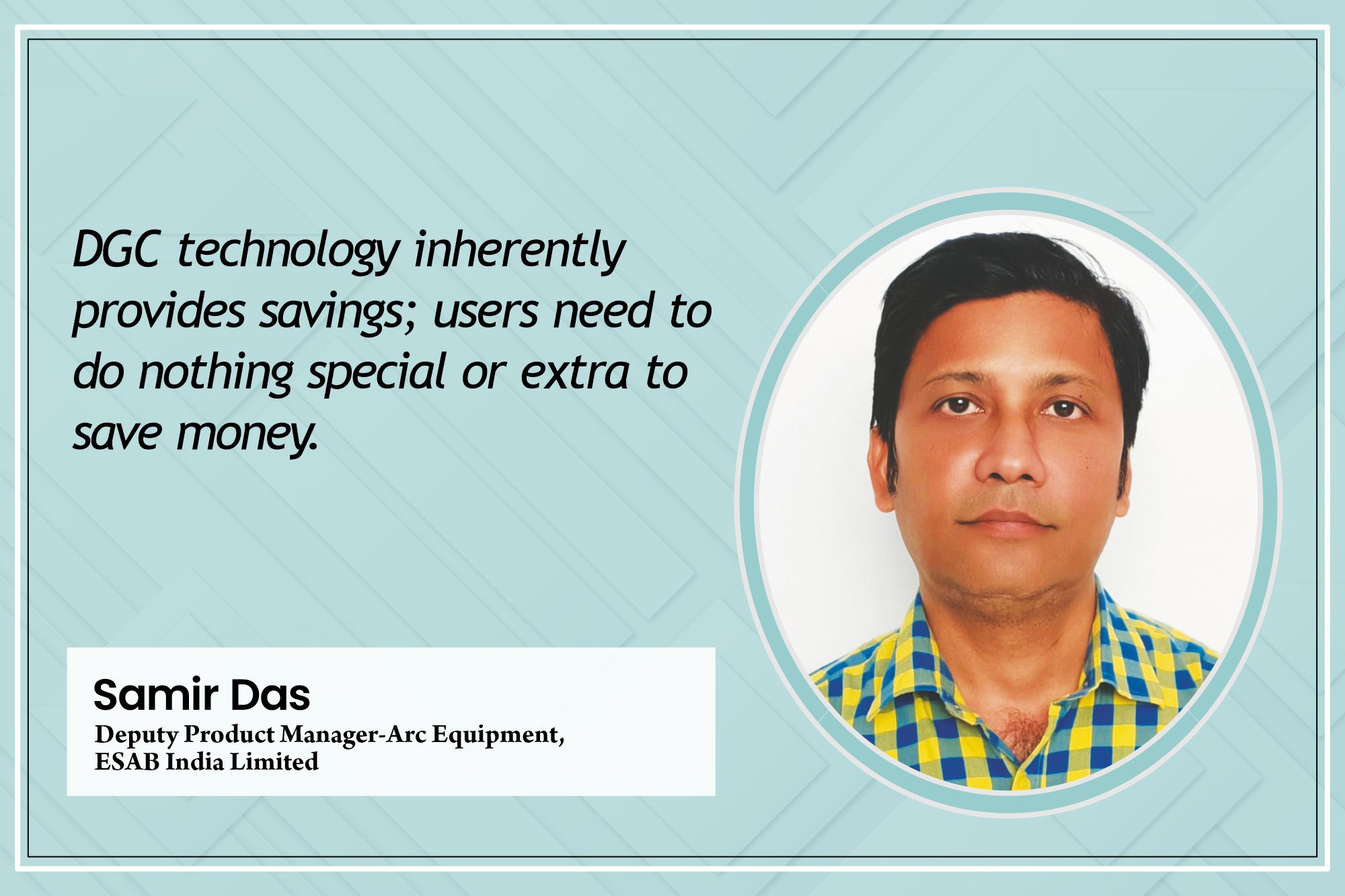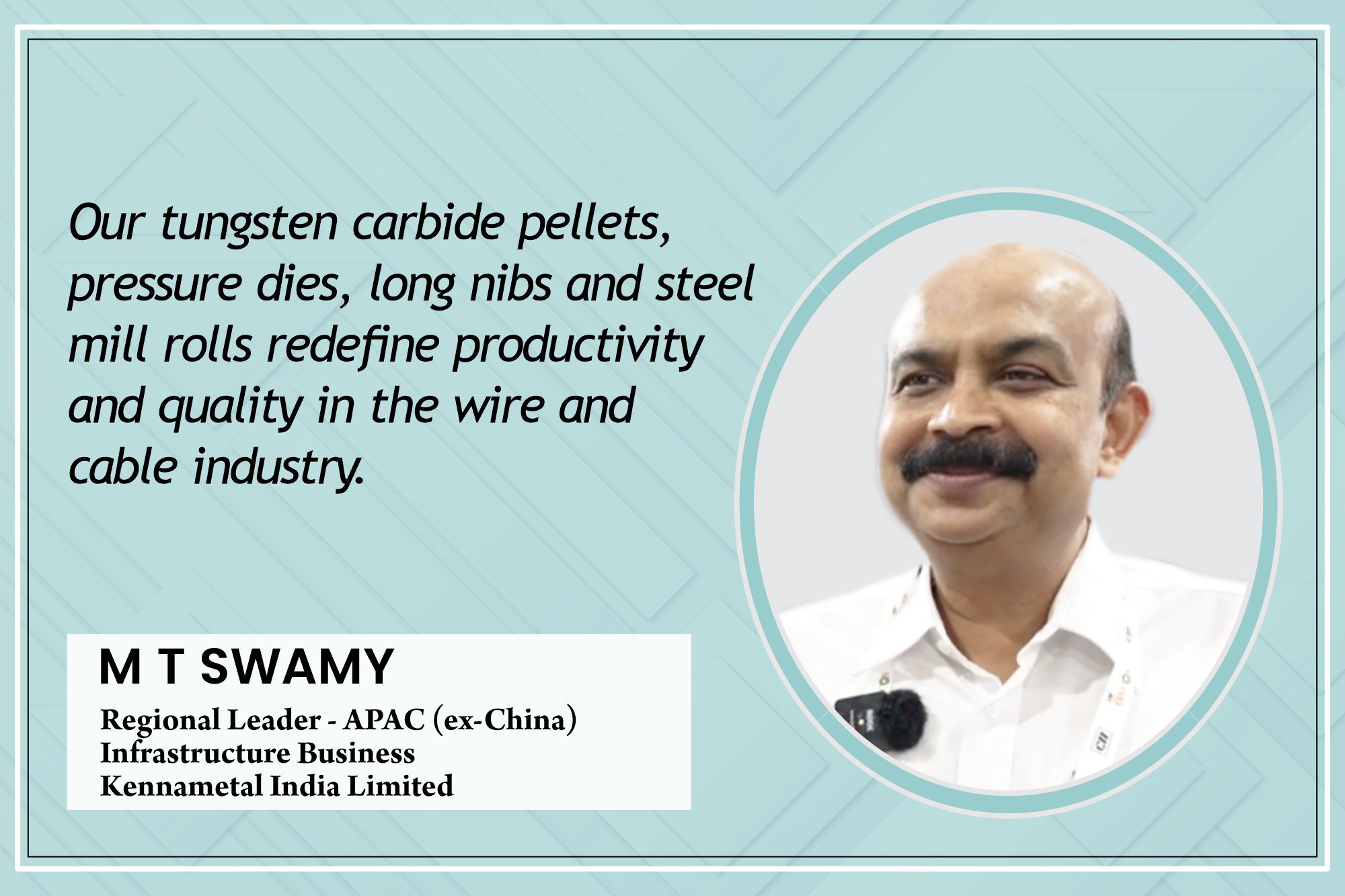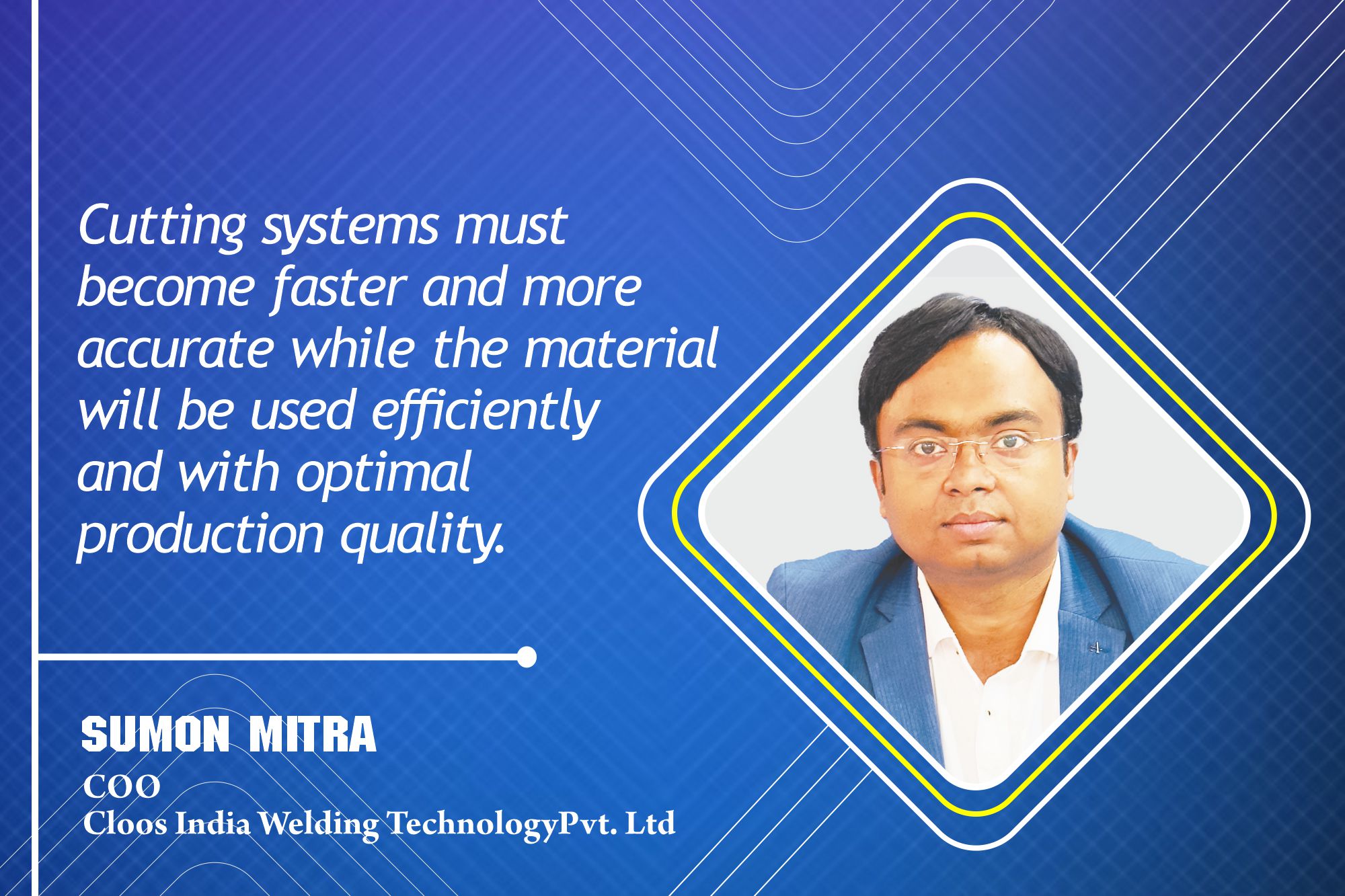Urgent need for a sustainable water management policy
By Edit Team | April 6, 2024 1:39 pm SHARE
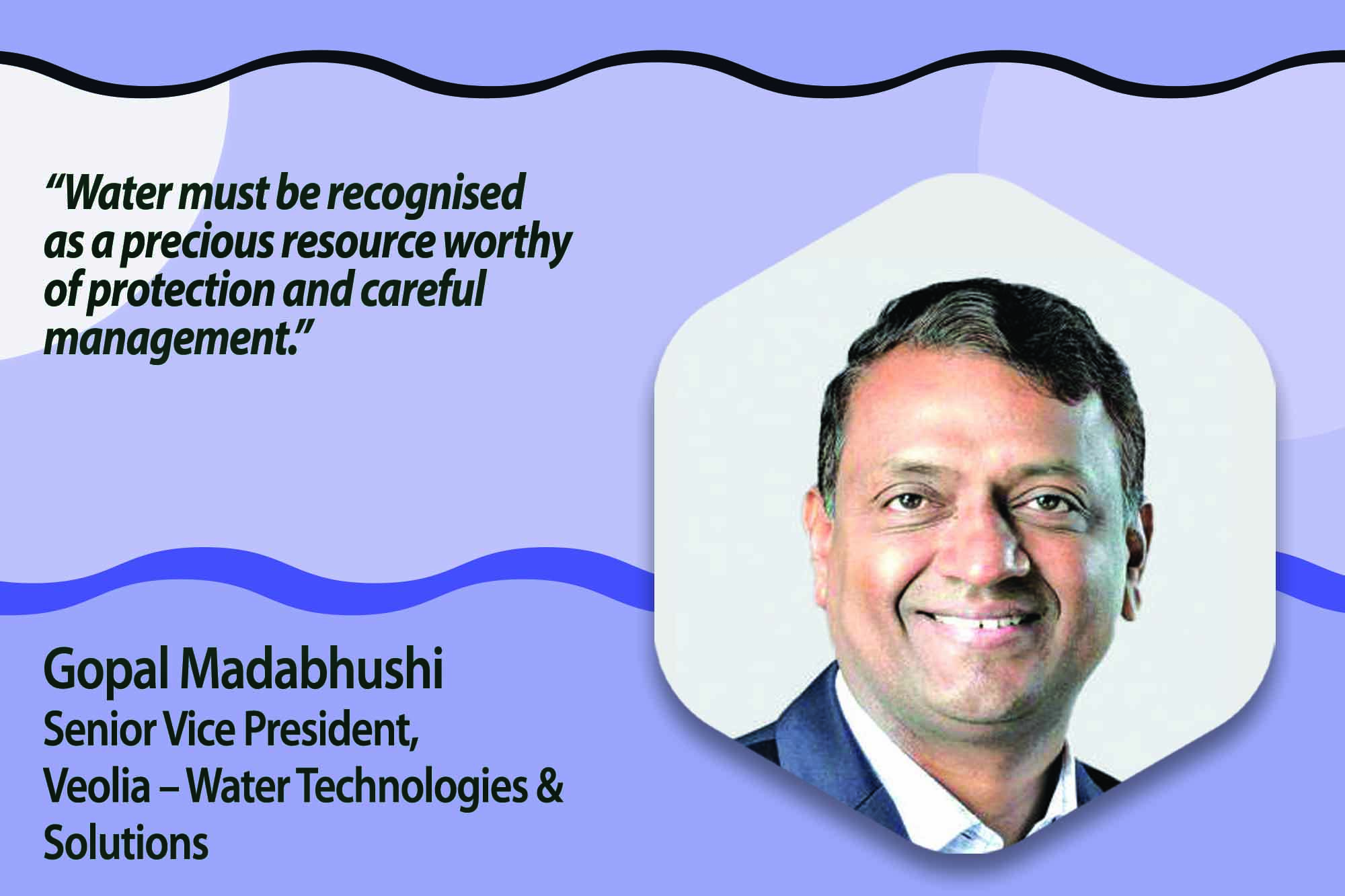
India’s water industry is critical due to scarcity, pollution, and inefficient management. In this exclusive interview with Gopalakrishna Madabhushi, Senior Vice President and Business Leader for South Asia at Veolia, we discuss the current state of India’s water sector, innovative solutions, collaboration with government initiatives, and the future of water management in construction and infrastructure.
Please provide our readers with insights into the current state of the water industry in India.
If we look at the data, less than 1 percent of the water available on this planet is suitable for human consumption. On top of that, only 4 percent of that water is available in India, despite our population constituting about 16 percent of the global population. Having just 4 percent of the global useful water share puts us at a significant disadvantage from a water availability standpoint. Additionally, less than 20 percent of sewage water undergoes treatment if we consider reuse and recycling. We also face significant water leakages in our distribution systems, and our reuse and recycle percentage is notably lower than the industry average observed in other parts of the world.
Moreover, our agricultural practices differ significantly from global standards, resulting in substantial water consumption. Collectively, these factors place the water industry and water availability in India under severe stress, necessitating substantial action. To begin with, we cannot simply produce more water, so the emphasis must be on conservation and efficient management. In some regions, the only viable approach to managing the water crisis in India is through reuse and recycling initiatives. It’s crucial to dispel the misconception that water is abundant and free; rather, it should be recognised as a precious resource, akin to oil or gold, demanding careful stewardship. Awareness regarding water conservation is increasing, but it needs to be further elevated nationwide. Additionally, there should be greater encouragement and incentivisation for industries and municipalities to adopt recycling and conservation practices. Progress in these areas holds the key to addressing our water availability challenges.
Water treatment technologies are evolving rapidly. Can you share some of the latest innovative solutions and technologies for water management in construction projects?
In the realm of reuse and recycling, various products are available in the market catering to multiple applications, whether in municipal or industrial settings. Our products specialise in treating challenging segments with stringent discharge quality requirements and suboptimal water quality. For instance, in the construction industry, whether it’s industrial parks or residential complexes, there’s a significant generation of sewage water, and we offer solutions to treat it. One of our flagship products, the 500 series membrane-based bioreactor, stands out for its versatility and compact design. It is suitable for diverse settings, including basements in residential complexes or commercial establishments like technoparks. By treating sewage water onsite, these entities can reduce their reliance on municipal water sources, thereby cutting costs. Additionally, we manufacture reverse osmosis membranes, which find applications in treating brackish water and seawater for drinking purposes. As industries and commercial setups increasingly adopt such solutions, they contribute to providing high-quality drinking water while minimising strain on existing resources.
How can we integrate sustainable practices into water management solutions, and what would be the political impact of such advancements?
Integrating sustainable practices into water management requires a fundamental shift in mindset. Water must be recognised as a precious resource worthy of protection and careful management. Often, industries view water treatment plants as mere additional costs, but reframing this perception is essential. Water isn’t just a commodity; it’s a raw material that needs to be secured. A pertinent example is the approach taken by one of the largest chemical fertiliser companies, RCF, which opted to source sewage water for its processes instead of relying solely on municipal water sources. Treating this water to industrial standards meets their needs and benefits thousands of households in Mumbai. Sustainability entails not only conserving resources but also repurposing them efficiently. Collaboration between industries and authorities is crucial in this regard. Incentive structures can further catalyse the adoption of sustainable practices. For instance, municipal corporations can incentivise industries to invest in water recycling and desalination technologies by redirecting subsidies or offering tax breaks. Such measures promote sustainability and alleviate the burden on municipal resources, leading to a win-win scenario for all stakeholders involved.
The Indian government has introduced various water management missions and initiatives. How does your company collaborate with these initiatives to ensure the success of sustainable water supply?
As a leading player in the water treatment space, we actively collaborate with government initiatives to enhance water management. For instance, in Mumbai, Municipal Corporation initiatives like the MCM drive the establishment of sewage treatment plants (STPs). We participate in such endeavours by providing our technology, which ensures minimal environmental impact and superior water quality. Collaboration with government bodies extends beyond Mumbai to other regions where similar initiatives are underway. However, there must be a greater emphasis on adaptability and embracing challenges to drive meaningful change. A key enabler in this process is the provision of incentives for industries to adopt sustainable practices. Municipal corporations can play a pivotal role by incentivising industries to invest in water recycling technologies through subsidies or tax incentives. By aligning economic incentives with environmental objectives, we can accelerate the adoption of sustainable water management practices, thereby ensuring the success of government-led initiatives.
Looking ahead, how do you envision the future of water management in construction and infrastructure?
The future of water management in construction and infrastructure is intertwined with broader societal trends towards sustainability. With India’s rapid economic growth, there’s a growing awareness of the importance of water conservation. Projects that prioritise water management are increasingly valued by consumers and stakeholders alike. For instance, some residential complexes now advertise treated water through taps as a unique selling proposition, reflecting a shift towards sustainable practices. Similarly, commercial and residential projects incorporating water treatment, reuse, and recycling technologies stand out in the marketplace. As sustainability becomes a key differentiator, we anticipate a surge in demand for such solutions. Moreover, with technological advancements and greater awareness, we foresee a future where sustainable water management practices are not just the norm but a defining feature of India’s construction and infrastructure landscape. Investing in these practices today can pave the way for a more resilient and water-secure future tomorrow.
Cookie Consent
We use cookies to personalize your experience. By continuing to visit this website you agree to our Terms & Conditions, Privacy Policy and Cookie Policy.



